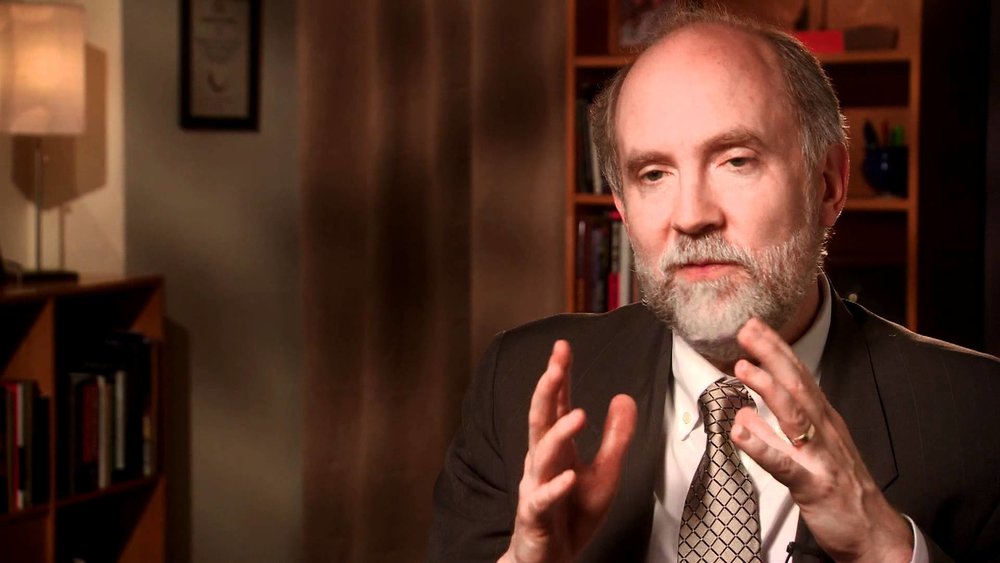Pull out of JCPOA serious mistake for security of U.S.: Matthew Bunn

TEHRAN - Matthew Bunn, a specialist in nuclear security at Harvard’s John F. Kennedy School of Government, believes that “There is still a chance that President Trump will decide to stay in the deal for a time, but it is more probable than not that he will pull out of the agreement and reimpose U.S. nuclear sanctions.”
“That would be a serious mistake for the security of the United States and the world,” Bunn tells the Tehran Times in an exclusive interview.
Following is the full text of the interview:
Q: Do the documents released by Netanyahu include any new details about Iran's nuclear deal? As you know Olli Heinonen the ex-Deputy Director General of the IAEA provided these documents to the Board of Governors in a confidential session back in 2008. So, the recent information couldn’t provide anything new.
A: The broad outlines of what Prime Minister Netanyahu described were long known: that is, that Iran did once have a research program focused on nuclear weapons, which included many of the key elements required to design and produce a nuclear bomb. But these are not the same documents the IAEA had in the past, but a new and more extensive set of documents. The IAEA will have an big job to do to confirm the authenticity of these new documents, checking them against other information available to the Agency, including names, organizations, places, particular research projects, and so on.
Even if authentic, however, these documents make the case for staying with the JCPOA stronger, not weaker, both for the P5+1 and for Iran.
For the P5+1, it was precisely concern about Iran’s potential ability to build nuclear weapons that motivated the negotiation of the JCPOA. If that concern is increased, the agreement’s limits on Iran’s ability to produce potential nuclear bomb material; its expanded verification arrangements; its ban on carrying out specific activities related to designing nuclear weapons; and its dispute resolution mechanisms are even more valuable than they were before.
For Iran, an important benefit of the deal is building enough confidence to reduce the risk to Iran of either sweeping international sanctions or military strikes on its nuclear facilities. That confidence-building is even more important now. Even if President Trump foolishly withdraws from the Iran deal, it may be in Iran’s national interest to remain in the agreement, keeping the blame for the agreement’s failure on the United States, not on Iran, and reducing the chance that the crisis could lead to other countries reimposing sanctions or even to military strikes.
Q: According to IAEA inspection team, the so-called Amad plan was stopped abruptly by Tehran in late 2003. So, why does Netanyahu revive a scenario already rejected by IAEA?
A: The IAEA, in its 2015 report on this topic, concluded that Iran carried out “a range of activities related to the development of a nuclear explosive device,” that prior to the end of 2003 these were carried out “as a coordinated effort,” but that “some activities took place after 2003.”
Israel says that it has seized a large set of documents on this program. Since that seizure only took place recently, they are raising it now. Of course, the timing is also an effort to convince President Trump to pull out of the JCPOA.
Q: As the White House assessed the newly released documents were authentic, shall we think of Netanyahu’s claims as a prelude to trump's withdrawal from JCPOA?
A: Certainly the release and its timing were intended to accomplish that objective. There is still a chance that President Trump will decide to stay in the deal for a time, but it is more probable than not that he will pull out of the agreement and reimpose U.S. nuclear sanctions. That would be a serious mistake for the security of the United States and the world.
Q: Netanyahu claims that Iran isn't complying with nuclear deal. Now the question is which one has the right to assess Iran’s compliance or violation, Israel or IAEA?
A: Netanyahu has not specifically claimed that Iran has violated the agreement, as far as I’m aware. The IAEA has repeatedly confirmed that Iran continues to fulfill its obligations under the JCPOA.
